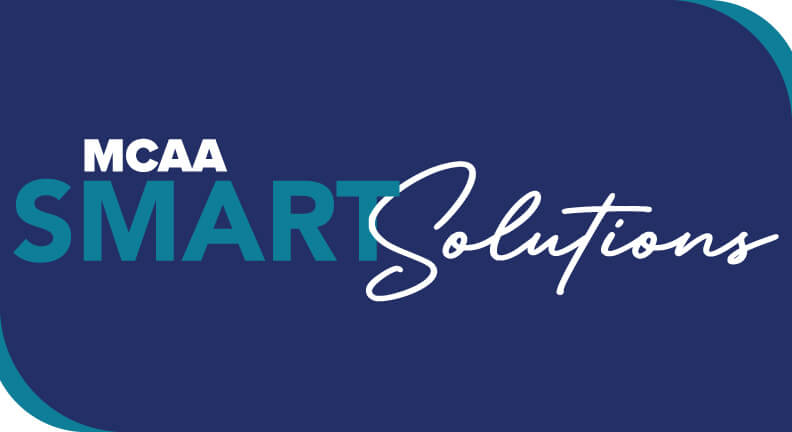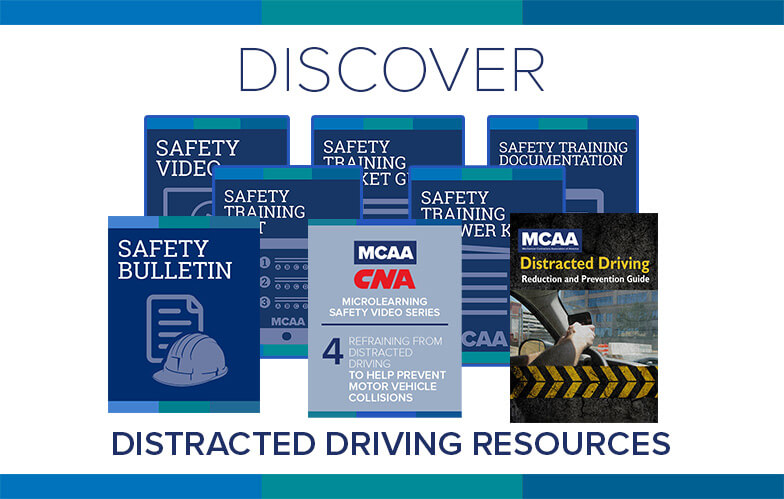
The PPP Flexibility Act is on its way to the White House for signature. A few observations that we wanted to make today that borrowers need to consider:
- Cap on Forgivable Salaries: The cap on salaries has been a simple formula ($100,000/52 X 8), resulting in $15,385 of maximum forgivable cash compensation during the covered period. The bill would extend the covered period to 24 weeks, and that should mean that the maximum forgivable salary amount would be $46,153 ($100,000/52 X 24). Once the bill is passed, Withum believes the SBA will issue guidance to this effect to ensure clarity to Borrowers. Borrowers would need to incorporate the new cap into their calculations, but this change would be favorable and enable most borrowers to obtain full loan forgiveness.
- 8 Weeks vs. 24 Weeks: The bill would extend the covered period to 24 weeks; however, a borrower could elect to retain an 8-week covered period if they wish. The bill does NOT provide flexibility to have a covered period between 8 and 24 weeks, it appears to be one or the other.
- Timing of Forgiveness: With a 24-week covered period, borrowers would need to plan for the fact that it is highly likely that their loan will not be forgiven during 2020 based on the length of the covered period and the amount of time banks have to render a decision on forgiveness. Borrowers may need to consider if that is meaningful to them from a financial statement perspective or a loan covenant perspective.
- Tax Deductions for Forgivable Expenses: If forgiveness has not been granted to a borrower before it files its 2020 federal income tax return, then the borrower will have to decide whether to claim deductions on such return for the expenses that ultimately will give rise to loan forgiveness. The IRS has stated that the expenses relating to forgiven PPP loan amounts are not deductible, but until a borrower receives a loan forgiveness decision from its lender, it would seem appropriate to claim the deduction. This is something we will monitor closely as borrowers will need additional guidance on how to deal with this – it appears to be an unintended snafu.
Reminder Section: (what should I be doing):
- Call your payroll company about claiming the payroll tax deferrals and employee retention credits that were made available in the CARES Act.
- Talk to your payroll company about the Sick Pay Bill (passed prior to the CARE Bill).
- Consider speaking with your bank to discuss changes to terms of existing debt facilities. The banking system remains strong.
- If you have already applied for the PPP, start forecasting how you intend to spend the funds and how to qualify for the highest amount of forgiveness possible.
Related Articles



